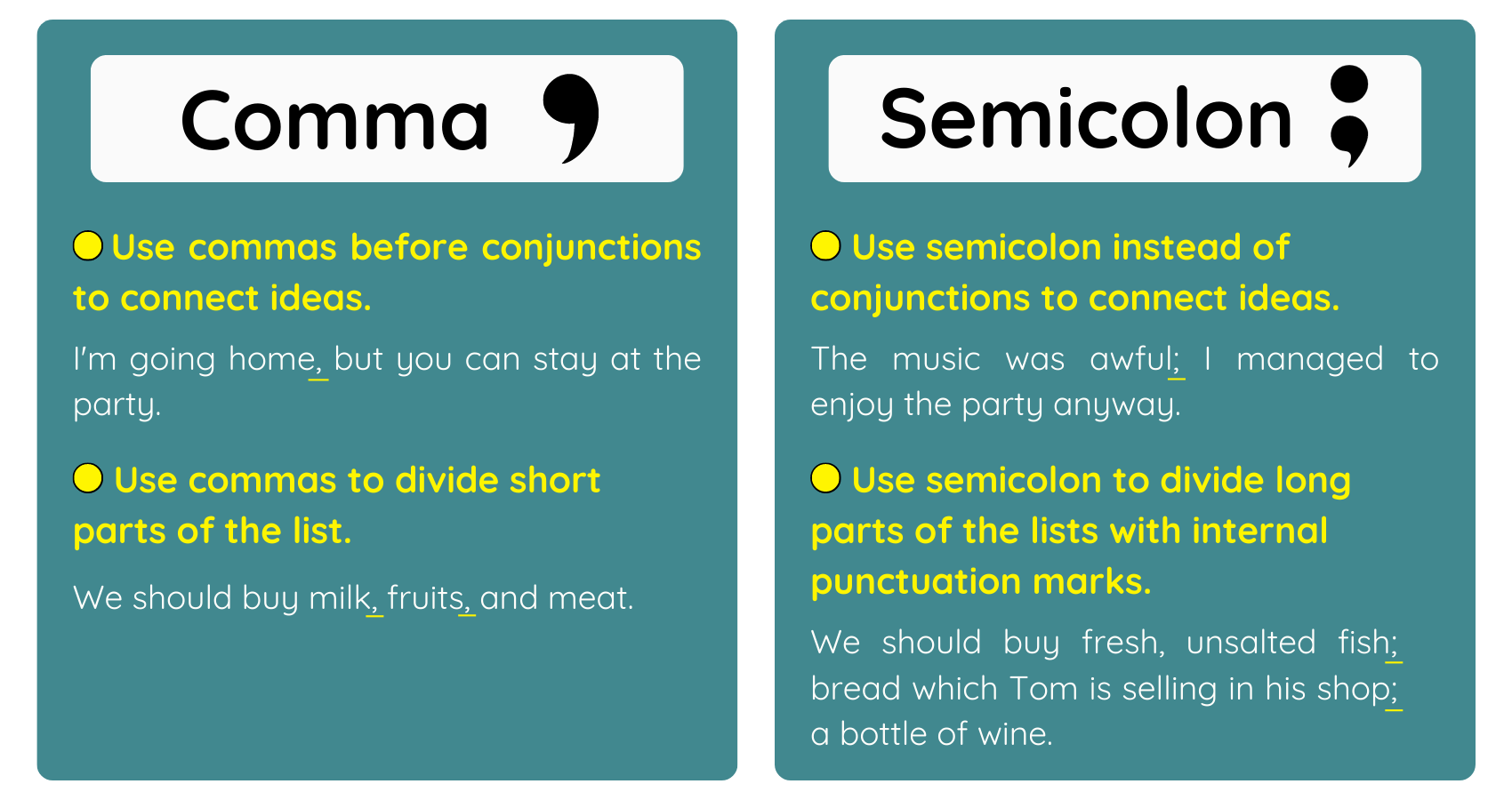You’re writing an email, penning a heartfelt letter, or crafting a captivating blog post. You’ve poured your heart and soul into the words, but as you reach the end of a sentence, a tiny but crucial decision looms: comma or period? This seemingly simple choice holds the power to change the rhythm of your writing, influence the meaning of your words, and even impact the overall impression you make on your reader.

Image: papertyper.net
So, what’s the difference between these two punctuation marks, and why does it matter so much? The comma, a humble but versatile punctuation mark, signals a pause in thought, a temporary break in a sentence. It gracefully connects ideas, adding nuance and flow to our written expressions. The period, on the other hand, is the punctuation equivalent of a full stop. It marks the end of a complete thought, providing a clear and definitive conclusion to a sentence.
Unpacking the Comma’s Magic
The comma, with its simple form, holds a surprising amount of complexity. It’s like a chameleon, adapting its purpose to the sentence it finds itself in. Let’s dive into some of the key ways we use commas:
1. Separating Items in a List: Imagine a shopping list. You wouldn’t just write “milk eggs bread,” would you? That would be a recipe for confusion! Commas are our lifesavers in these situations. For instance: “Please pick up milk, eggs, bread, and cheese from the store.”
2. Setting Off Introductory Phrases: Think of an introductory phrase as a charming opening act before the main event of a sentence. Commas help to distinguish these introductory elements from the rest of the sentence. For example: “After a long day at work, she finally reached home.”
3. Separating Independent Clauses: Just like two independent individuals, independent clauses can each stand alone as a full sentence. But when they join forces, a comma is needed to bridge the gap between them. For example: “The sun shone brightly, and the birds sang merrily.”
4. Surrounding Non-essential Information: Sometimes, sentences contain extra details, like a juicy anecdote or a fascinating fact. Commas act as parentheses, setting these non-essential phrases or clauses apart from the core of the sentence. For example: “The new restaurant, which opened last month, is already a local favorite.”
5. Clarifying Compound Sentences: Compound sentences are two or more independent clauses joined together. But what makes them unique is their use of coordinating conjunctions like “and,” “but,” “or,” “for,” “nor,” “so,” and “yet.” Commas precede these conjunctions to ensure a smooth transition between the clauses. For example: “He wanted to stay in, but his friends insisted on going out.”
Navigating the Period’s Power
The period, while seemingly straightforward, has an equally important role to play in shaping our writing. Here’s a closer look at the period’s key roles:
1. Marking the End of a Sentence: This is the period’s most fundamental function. It neatly concludes a sentence, leaving no room for ambiguity. For example: ” The clouds parted, revealing a breathtaking sunset.”
2. Creating a Pause for Emphasis: Period’s can also be used strategically to create a pause that adds dramatic weight to a sentence. This effect is particularly effective in fiction writing, where suspense or emotional intensity are desired. For example: “The room was silent. The clock ticked slowly. Then, suddenly, the door creaked open.”
3. Setting Off Abbreviated Titles: Periods are essential in properly formatting abbreviated titles. While the use of periods in abbreviations is declining, they remain crucial for titles like Mr., Mrs., Dr., and Esq. For example: “Ms. Smith, the esteemed professor, delivered an inspiring lecture.”
When in Doubt, Seek Clarity
While there are general rules for comma and period usage, the nuances of punctuation can be tricky. If you find yourself questioning whether a comma or period is needed in a particular situation, it’s always better to err on the side of clarity and simplicity.
Here are some tips to keep in mind:
- Read your sentences aloud: If the sentence sounds awkward or confusing, it’s likely that your punctuation needs some tweaking.
- Consider the flow of the sentence: Should the reader pause here? Or should the sentence continue seamlessly?
- Think about the meaning you want to convey: How will the punctuation affect the overall message of your writing?

Image: ar.inspiredpencil.com
Comma Vs Period
The Power of Choice
The comma and period are more than just simple punctuation marks; they’re tools for shaping our written thoughts and emotions. They guide our readers, directing their attention and creating a specific tone. While they may seem small, their impact is significant, influencing the clarity, flow, and overall impact of our writing.
So next time you’re confronted with the choice between a comma and a period, pause and consider the power you wield. Use these punctuation marks thoughtfully and strategically, and you’ll elevate your writing to new heights. Now, go forth and punctuate with passion!






